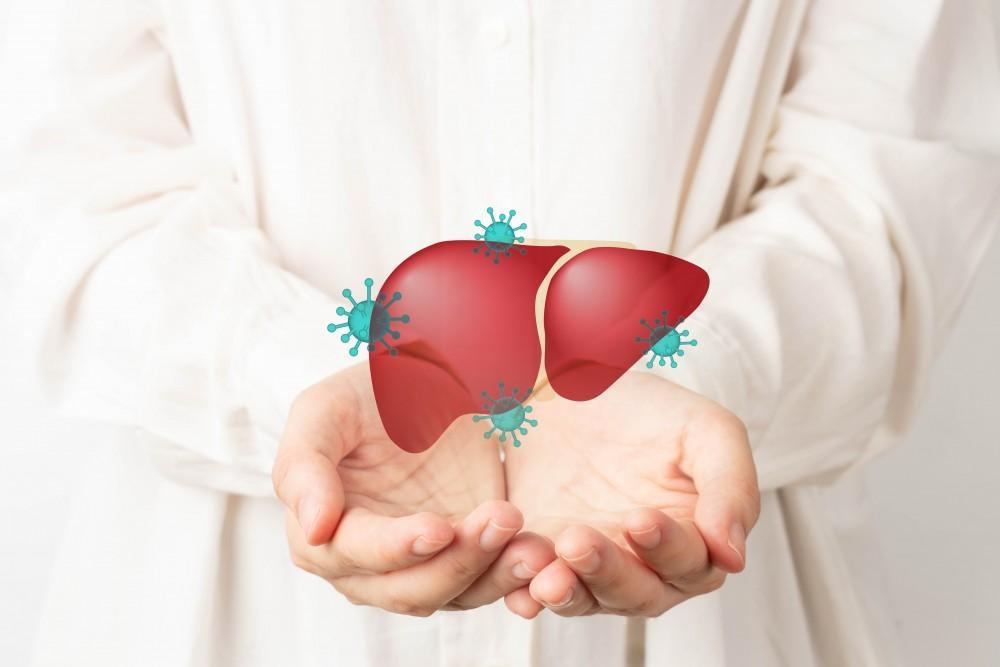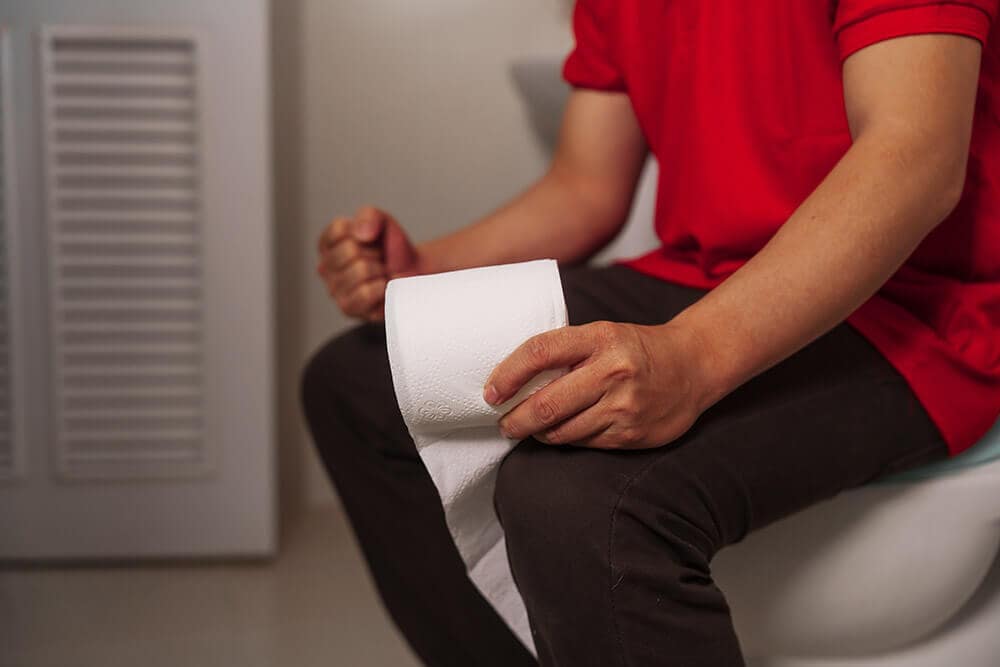How Dr. Rishi Diagnoses Hepatitis C?
Dr. Chadha uses a step-by-step approach:
Medical History & Risk Assessment
He reviews your health history, risk factors (like past blood exposures or IV drug use), and any symptoms you may have.
Blood Tests
We check for hepatitis C antibodies and measure viral load to confirm active infection.
Liver Enzyme Testing
Tests such as ALT and AST reveal whether your liver is inflamed or under stress.
Imaging & FibroScan
Ultrasound or FibroScan assesses liver structure and stiffness, helping to gauge scarring or fibrosis.
Frequently Asked Questions
How does hepatitis C spread?
Through blood contact-often from shared needles or medical exposure.
What are the first symptoms?
Fatigue, nausea, or yellow skin, but many people feel fine at first.
When should I get tested?
Get tested 4-6 weeks after exposure. Some tests detect it even earlier.
What is the hepatitis C ICD-10 code?
B18.2 for chronic hepatitis C.
Can the virus go away by itself?
Very rarely. Most people need treatment to remove it.
Are hepatitis C medications safe?
Yes. New treatments cure over 95% of patients and have few side effects.
Will I need a liver biopsy?
Usually not. FibroScan or blood tests give enough information.
Can I drink during treatment?
No. Alcohol harms the liver and can interfere with healing.
Am I still contagious after treatment?
Once cured, you are no longer infectious.
How often should I visit the doctor after treatment?
Dr. Chadha will check in at 12 and 24 weeks after you finish treatment.











